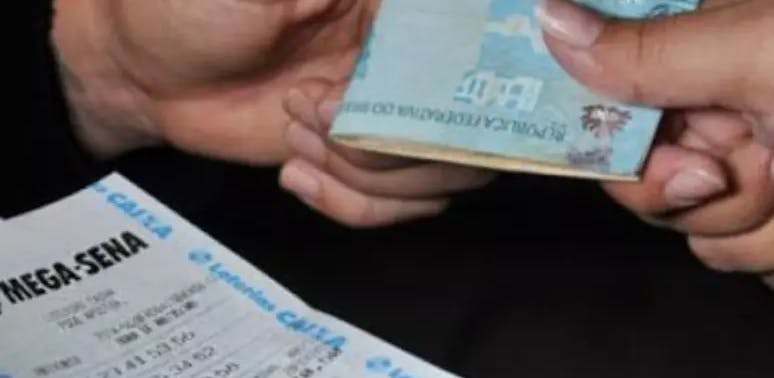Understanding Common Lottery Scams and How to Protect Yourself
Lotteries offer the thrill of having a chance to win million-dollar prizes. However, it's important to be aware of the scams associated with betting.
The Lottery House
tags:
lottery
scam

Introduction:
Lottery-related scams are a reality both in the virtual and in-person world. Often, unscrupulous individuals take advantage of the hope for easy prizes to deceive unsuspecting individuals, either through direct approaches, such as offering winning tickets, or through more elaborate strategies, such as online phishing. Knowing these traps and how to guard against them is crucial to avoid falling for scams and to protect your finances and privacy. In this feature, we'll explore the most common lottery scams and the measures you can take to shield yourself from them.
The Most Common Lottery Scams

Be on the lookout for the most common lottery scams that people fall victim to both online and in-person. In general, criminals deceive victims by promising prizes if the person clicks on a link, or, in other cases, even by stealing betting receipts. Below are the main lottery-related scams.
Winning Ticket Scam:
The scam occurs when a victim is approached in a public place, and the con artist pretends to be a humble person holding a winning ticket. Subsequently, other scammers appear and simulate a call to a bank manager who confirms the supposed ticket as genuine.
Then, the scammers convince the victim to transfer funds, hand over cards, and other financial items to the fake winner as a guarantee for receiving the prize. In these cases, the victim believes they will receive a share of the prize. This criminal practice usually takes place near banks.
Phishing:
In phishing attacks, criminals deceive people by asking them to share their personal information, such as credit card numbers and passwords. Thus, phishing victims receive malicious emails or text messages designed to request personal information.
Scammers usually appear as representatives of a trusted person or organization. For example, the message may come from a bank, the government, or, as in this case, a lottery employee.
Therefore, to protect yourself from lottery phishing scams, simply understand that no gaming commission contacts winners directly.
No lottery charges advance fees before processing your prize. Therefore, ignore these messages and do not respond. In summary, do nothing but report any phishing attempts to the organization being impersonated.
Small-scale Robberies:
This scam targets small prize winners, consisting of stealing the winning ticket and claiming, as their own, the prize, and usually occurs at the door of the lottery agency when the bettor arrives to check their ticket numbers. In this case, it's important to pay attention to the movements of people near the location or even opt for safer ways to check the ticket, such as the official website of Caixa Econômica Federal.
Fake Testimonials and Social Media Use:
These lottery scams are one of the oldest criminal lures. They involve selling information that will "guarantee" your victory.
Typically, the offer is not made directly, as scammers create false testimonials on social networks. In these testimonials, criminals pretend to be a lottery winner who used someone's services. This someone likely offered a mathematical solution or mystical powers that led to their victory.
These false testimonials encourage bettors to turn to these services to "guarantee" their victory as well. When contacted, the scammers charge an abusive fee for guidance.
Simple Tips to Avoid Lottery Scams

Want to be a real winner and not a victim of criminals? Then, pay attention to the tips below:
• Do not pay any fee to claim a prize. No legitimate company will ever ask you to pay a fee or encourage you to buy something to increase your chances of winning.
• Always remember: to win, you need to have placed a bet. Any notification regarding lottery winnings should be considered a scam if you haven't played yet.
• Be suspicious of any unusual communication.
• Check with bank representatives for proper authentication.
Conclusion:

It is highly recommended that you be on alert for these lottery scams, in malicious actions. Always check through official channels, do not trust strangers, and do not provide personal information to anyone. Winning some money in the lottery is good, but only if it's legitimate.
Additionally, it is advisable for users to mark any suspicious movements as spam, from dubious emails to unusual links; and also report this content to the companies responsible for the games. Finally, never share personal information and credit card numbers with third parties.
Ultimately, the main tip is to be wary of promises of easy and fast money. No matter how convincing a story may seem, always be on alert when someone makes an approach offering money, as well as many advantages and unrealistic offers made by strangers.